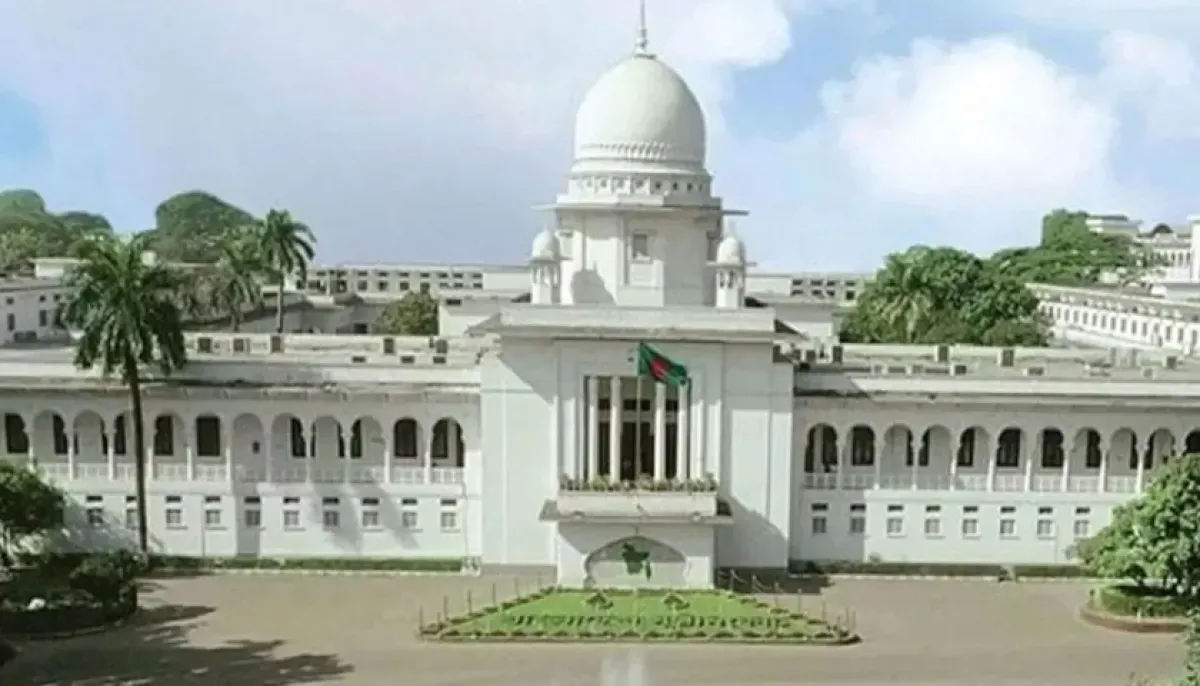
The Appellate Division of the Supreme Court on Sunday overturned a 2013 High Court verdict that had declared the registration of Bangladesh Jamaat-e-Islami as a political party illegal.
In its ruling, the apex court directed the Election Commission to independently resolve all pending issues related to Jamaat’s registration and electoral symbol, restoring the EC’s jurisdiction over the matter.
The decision effectively nullified the 2013 High Court judgment that had invalidated Jamaat’s registration on grounds of contravening constitutional principles, and marks a key legal shift after more than a decade of litigation.
The apex court observed that Jamaat-e-Islami is entitled to exercise its full constitutional rights.
Jamaat’s lawyer, Ehsan Abdullah Siddiq, told New Age that the ruling also enabled the party to request a review of the previous cancellation of its electoral symbol daripalla (scales), which the EC had withdrawn following a Supreme Court directive in 2016 citing the symbol’s association with the judiciary.
A four-member Appellate Division bench headed by chief justice Syed Refaat Ahmed delivered the verdict.
The Appellate Division had earlier reinstated Jamaat’s appeal on October 22, 2024, which had been dismissed on November 19, 2023, due to the absence of the party’s lawyers during the hearing.
Jamaat’s counsel argued that the High Court’s endorsement of the EC’s cancellation of the party’s registration was premature, as the application was still under consideration at the time.
Jamaat also filed a separate plea seeking restoration of its traditional electoral symbol, contending that the earlier bar on the symbol was based on a full court meeting decision of the Supreme Court rather than a direct ruling.
The legal saga began in 2009 when Rezaul Haque Chandpuri, then secretary general of the Bangladesh Tariqat Federation—an ally of the ruling Awami League—along with 24 others, filed a writ petition challenging Jamaat’s registration on the grounds that its charter violated Bangladesh’s constitutional principles, including secularism and the sovereignty of the state.
Following the High Court verdict in 2013, Jamaat appealed to the Appellate Division, which initially upheld the verdict before later reversing its decision amid procedural concerns.
Meanwhile, on August 1, 2024, the then Awami League-led government formally banned Jamaat and its student wing, Islami Chhatra Shibir, branding them terrorist organisations under Section 18(1) of the Anti-Terrorism Act.
The ban coincided with the final phase of the mass student uprising that led to the ouster of Sheikh Hasina’s regime on August 5, 2024.
Subsequently, the interim government that assumed power on August 8, 2024, withdrew the ban through a gazette notification, following formal requests from Jamaat.
